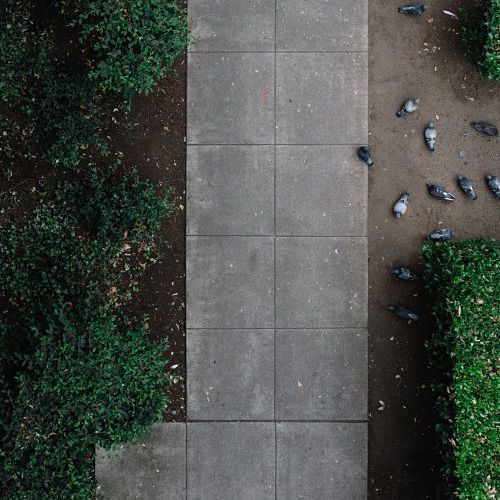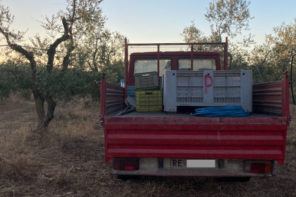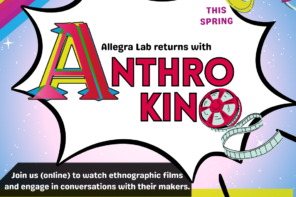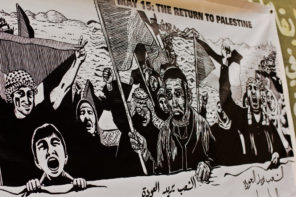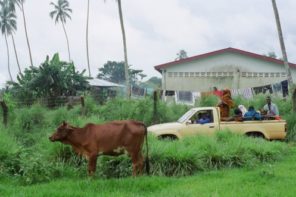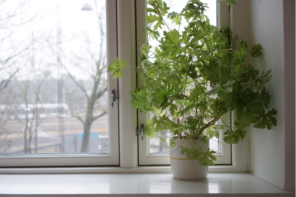The accelerating growth of the technosphere, climate crises, shifting species distribution and other phenomena contribute to increasingly dramatic socio-ecological changes across the planet, impacting livelihoods and indeed survival opportunities.
These changes are experienced and imagined by a variety of actors, in a variety of ways, leading to a variety of different responses. Whether top-down or bottom-up, initiatives for transitions to ‘sustainability’ are multiplying. From ‘green economy’ strategies and high-tech fixes to grassroots initiatives and social movements, envisioned sustainability transitions and the actions taken to bring these about take on diverse forms, at different scales, and all across the world: offshore wind farms, biorefineries, carbon markets, geoengineering, tax advantages for electric cars, photovoltaic roof tiles, guerrilla gardening, ecosystem restoration camps, permaculture conventions, off-grid communities, indigenous uprisings, to name but a few. These different initiatives embody conflicting visions of a ‘green’ future and the pathways to get there.
In this Allegra thread, we explore the heterogeneous socio-ecological effects of the diverse understandings of ‘sustainability’ underpinning different transition initiatives, and critically ask:
Whose green? Who benefits and who suffers from particular framings and associated actions?
How are relations of power (gender, race, class and entangled inequalities) reconfigured by green transitions? What kinds of more-than-human relations are fostered or undermined? Which particular values orient any given transition initiative and its version of sustainability?
Our thread is spun with stories about eco-villages, parks, lifestyle migration, bioplastics, hope for the future, and fish – from Tanzania to Finland.
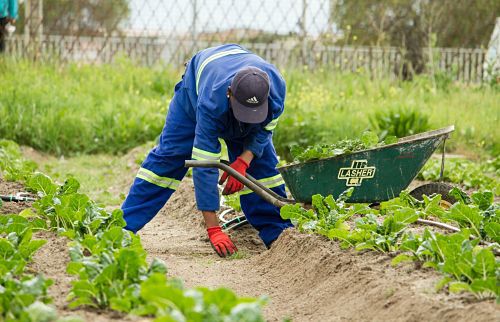
Photo by Anaya Katlego on Unsplash
In the first contribution, Julian Dobson takes us into the depths of three different urban parks and their attendant publics, asking important questions about the more-than-human relationships which are made and undone, perceived and denied in these different contexts. His reflections unveil the complexities of whose green the green of municipal green spaces actually is and can be, and how particular understandings of sustainability, well-being and value limit our vision of the diversity of experiences these spaces can elicit.
Moving to a development aid setting, Margherita Lala explores the effects of imported versions of ‘green’ (and ‘fair’ and ‘useful’) in the context of introducing externally conceived climate change adaptation strategies in rural Tanzania. The never-materialised results of misaligned ‘improvements’ and obsolete ‘innovations’ in Chololo are disappointingly unsurprising in the face of a long history of development projects with dubious utility for the ‘recipients’. Margherita’s account underlines the dangers of refusing to learn from past experience and the need to keep asking whose adaptation is actually fostered by projects such as Chololo ecovillage.
In the next essay of this thread, Elaine Forde introduces us to the dynamics of the ‘back to the land’ movement encouraged by policy innovation in Wales. Not unlike the colonial gaze, the environmentalist settler’s way of seeing erases thick histories of place, leaving only potential for improvement. As competing views of the Welsh landscape intertwine with conflicting notions of work and beauty, tensions come to the fore between old and new lovers of this land, raising crucial questions about power and loss.
Sally Atkinson and Susan Molyneux-Hodgson present their work with scientists producing bioplastics and other industrial materials through green chemistry and synthetic biology in the fourth contribution to this thread. They ask: what tropes of sustainability are being mobilised in this technoscientific context? How fast are scientists in this field locked into fixing – but not altering – our system of production and consumption?
Can anthropology meaningfully intervene in the structures of an emerging bioeconomy?
Following on from this, Kirsi Sonck-Rautio gives voice to the coastal fishers of the Finnish Archipelago Sea whose views have been sidelined and ignored in decisions affecting their lives and livelihoods. Based on a particularly rigid understanding of sustainability, fisheries management practices give other species priority in extracting fish from the sea, thereby endangering these small-scale fishers’ survival as fishers. In Kirsi’s quest for solutions, ethnography holds particular potential.
In the final essay of our thread, Daniel Knight presents the promissory character of the green economy in a crisis-ridden Greece. Exploring the effects of its discursive future-orientation on people’s lived experience of their everyday, he highlights the central functions of rumour, speculation and hyperbole in constructing possibilities and hope in the most desperate of situations, a process through which, however, green promises can work to consolidate rather than transform the status quo.
These essays, individually and taken together, shine light not only on the multiplicity of possible ‘greens’, but also on the complex dynamics of power which are perpetuated, altered or unleashed as different versions of ‘green’ come into active tension in human and more-than-human relations. The questions they ask are increasingly pressing in a world in which sustainability begins to take shape as a post-political hegemony obfuscating its close connections with entrenched industrial forces and capital interests.
Featured image by Zac Sturgeon on Unsplash

